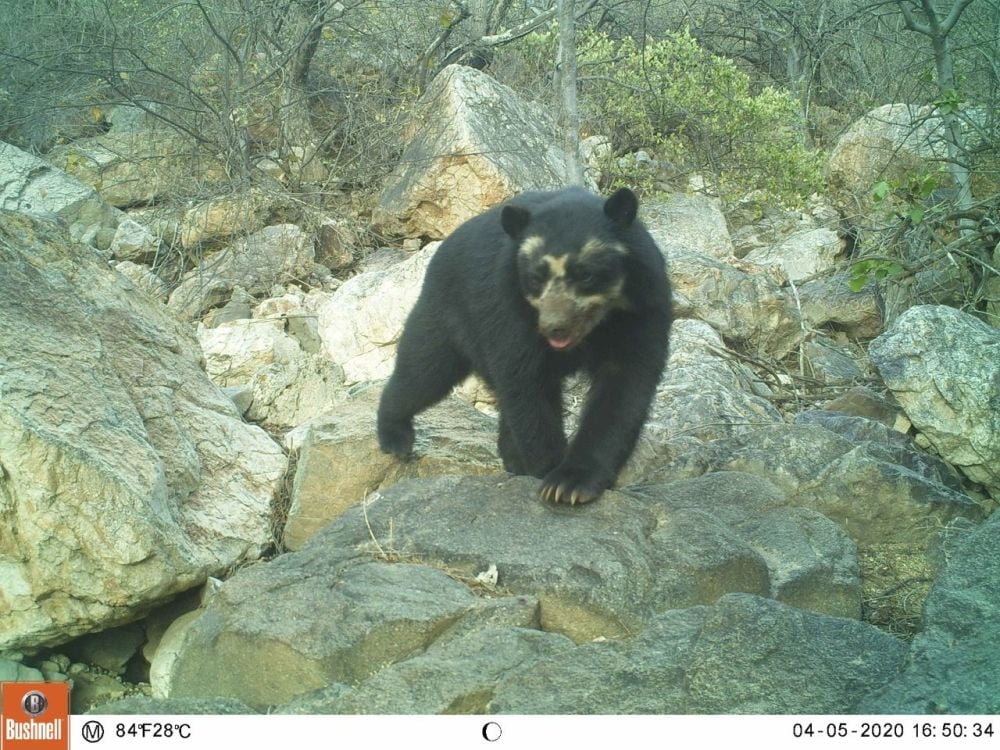Good news from the World Land Trust for conservation
Posted on
| There’s some good news from the conservation world that I wanted to share with you today so here it is:The World Land Trust have had a very successful autumn.
I’m thrilled to say that they hit the required fundraising target of £100,000 in just a few weeks to protect vital gorilla habitat in Africa. The success of #FutureforGorillas means that there’s a safer future for Camaroon’s great ape population. The fundraiser kicked off on 4 September and hit its target, thanks to the kindness and generosity of donors in early November. The World Land Trust’s partner, the Environmental and Rural Development Foundation (ERuDeF), now has the resources to start creating a forest corridor in eastern Cameroon. The area is home to Western Lowland gorillas, chimpanzee, elephants, pangolins, hippos, leopards and other species as well. The creation and protection of forests will mean that species can keep their populations strong in number and have a future. Here’s the video about it:
Find out more about the #FutureforGorillas Appeal hereAnd there’s more good news from the World Land Trust! Big Match Fortnight: Save Ecuador’s Chocó ForestTheir Big Match Fortnight Appeal hit its target of £500,000 in a fortnight! Donors from around the world joined together and made a difference to the incredible appeal to help the World Land Trust and its partner in Ecuador save the last 2% of the Chocó Forest. The Appeal is still open so you can still donate (I’m writing this on 14 November 2020) which means that even more of the forest can be saved and protected for wildlife.Decades of logging have destroyed 98% of the Chocó forest. And the World Land Trust’s partner, FJ, got the chance to save the remaining 2% of it – about 57,000 acres in all – from one firm. Other organisations are involved but the support from World Land Trust donors means that 1,667 acres will be saved – that’s an expansion of the Canandé Reserve which links it to other areas that are protected in the region.
The area is so diverse that scientists took just 45 minutes to find a new species! In fact, 25% of its flora and 10% of its fauna can’t be found anywhere else on earth The Canandé Reserve is a botanical haven. It’s home to about 375 bird species and 135 reptile and amphibian species of whom 28 are globally threatened. Goodness knows how many other species live there! The more support the appeal has, the more their forest home can be extended and protected.Support this appeal here You could also support the #NottooLate Appeal Fund, enabling the World Land Trust to act quickly wherever conservation action is needed. |
